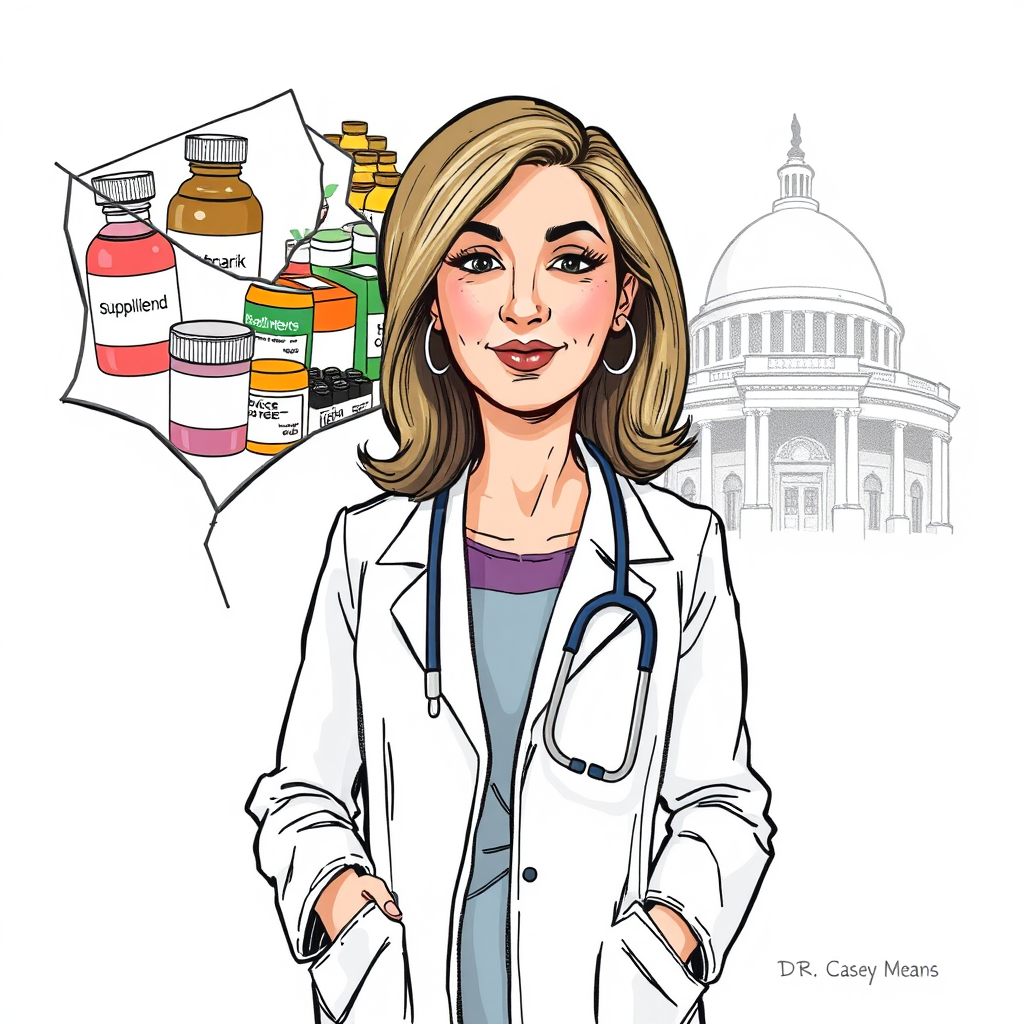Trump’s Surgeon General Pick Faces Conflict Concerns

Dr. Casey Means, President Trump’s nominee for surgeon general, is facing scrutiny over potential conflicts of interest stemming from her business ventures as an online influencer. An Associated Press investigation reveals that Means, a vocal supporter of RFK Jr.’s “Make America Healthy Again” movement, acknowledges her financial arrangements could appear problematic.
The AP reports that Means, who lacks a medical license despite practicing as a physician, admits allowing supplement companies to sponsor her newsletter – boasting over 200,000 subscribers – creates “messy” optics. This is particularly concerning given her public criticism of scientists, medical schools, and regulators for accepting funds from the food and pharmaceutical industries. The investigation details how Means has actively promoted numerous health and wellness products – ranging from specialty supplements to blood testing services and meal delivery programs – directly benefiting financially from their sales.
The AP found Means has “carved out a niche” in the wellness industry by establishing business deals that capitalize on her popularity within the alternative medicine community. Critically, the report alleges she has, at times, failed to adhere to federal transparency rules, neglecting to disclose potential profits or benefits derived from recommended products. In some instances, she promoted companies in which she held an investment or advisory role without consistent disclosure, raising ethical questions.
Experts quoted by the AP express concern about the potential for conflicting interests should Means be confirmed as surgeon general, a position requiring the dissemination of unbiased, scientifically sound health information to the public. Ethics watchdog Jeff Hauser told the AP he fears Means would prioritize cultivating future employers and business partners even while in office.
President Trump’s announcement of Means’s nomination in May followed the withdrawal of his previous pick, Dr. Jeanette Nesheiwat. Means, a Stanford-educated physician, left her surgical residency to co-found a digital health startup.
This situation highlights a growing trend of individuals with significant financial interests in the wellness industry being considered for positions of public health authority. While entrepreneurial activity isn’t inherently disqualifying, the lack of transparency and potential for conflicts of interest raise serious concerns about the integrity of public health messaging and the public’s trust in the surgeon general’s office. The AP’s reporting demands a thorough vetting of Means’s financial ties and a clear commitment to ethical conduct should she be confirmed.